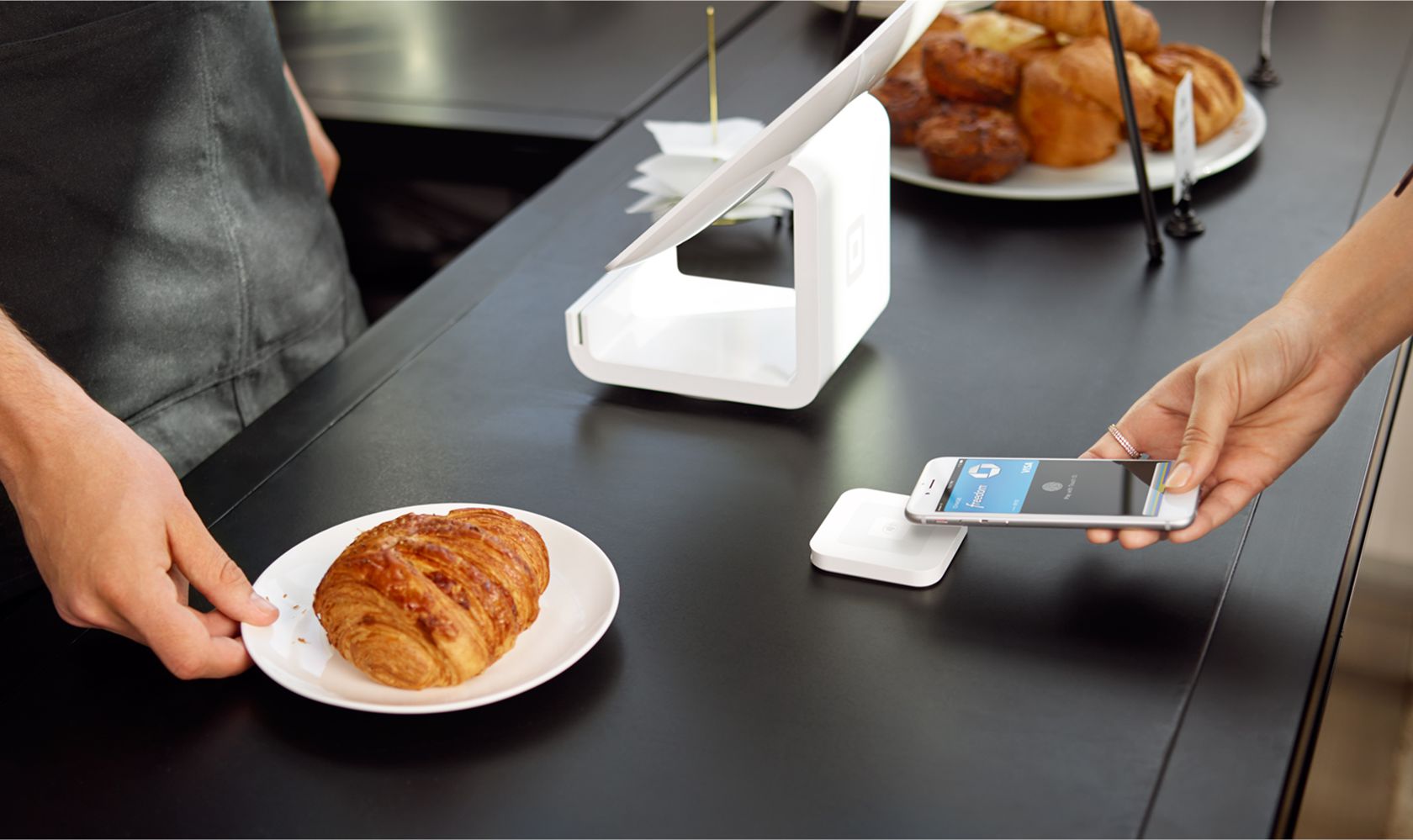
Mobile phone users are expected to climb to nearly 5 billion by 2020. It’s no surprise that mobile payments will continue to grow among consumers. Are you interested in merchant services and need to compare mobile and traditional payments? Just read this article and you’ll know how you can do this.
Mobile Payments in the UK
The payments industry is growing with incredible advances. It’s made payment processing easier than ever before. You can find merchant processing devices in almost every industry. However, this doesn’t mean businesses should completely forget about other options.
The OEM Pays dominates the mobile payments field in the UK. In-store mobile payments accounted for £975m in 2017. This was an increase of 328{71195d179bd11ae4566371d1fa73c27ae7416757fca7a92f2f4aa3ab4cf9637b} within one year.
According to Worldpay, retailers received 126m transactions via smartphones in 2017. The spending record of £975m accounts for a year-on-year growth of 328{71195d179bd11ae4566371d1fa73c27ae7416757fca7a92f2f4aa3ab4cf9637b} for mobile payments in Britain.
Based on Worldpay research, half of UK consumers are likely to see mobile payments replacing traditional plastic cards in the upcoming five years. With this in mind, it’s critical to turn to a payments expert in the UK to compare mobile payment processing for your new business.
A respectable payment specialist can help you get the best deal for your business. An experienced and professional payments specialist will offer you free consultations, the best rates, fees, as well as the most honest snapshot of the company at the time of writing.
Going Mobile: Comparing Mobile
According to some industry experts, adopting mobile payment technologies is one way to future-proof your business. How can you make the right decision concerning mobile payments? You just need to consider some important information to get insight into mobile payments for your new business:
- Mobile payments make it easier for businesses on-the-go and are great for those who travel a lot. You can avoid worrying about where you can find an ATM machine.
- Retail stores benefit from multiple POS systems – mobile and stationery POS systems.
- You can move the paper trail to mobile. Thus, you can store it indefinitely and never lose a transaction.
- Mobile payments may be less expensive since you can often purchase them at much more affordable rates as compared to their traditional counterparts.
- Customers aren’t obliged to remember their debit, credit or loyalty rewards cards, or answer the questions often required by checkout terminals.
- The connection isn’t always the best. There may be cases when you have no service to use your POS devices.
- Not everyone considers mobile payments trustworthy. Many still rely on their actual bank since they find online banking less secure.
Most POS terminals are projected to be NFC enabled in Europe by 2020. Forrester believes that the European mobile payments market will account for €148 billion by 2021. Mobile in-person payments are expected to grow the fastest, increasing almost fivefold between 2016 and 2021, from €4.6 billion in 2016 to €22.8 billion in 2021. They’re anticipated to represent almost 16{71195d179bd11ae4566371d1fa73c27ae7416757fca7a92f2f4aa3ab4cf9637b} of all mobile payments in the EU-7.
Author Bio: Payment industry expert Taylor Cole is a passionate merchant account expert who understands the complicated world of accepting credit and debit cards at your business. His understanding of the industry has helped thousands of business owners save money and time, as well as compare mobile.